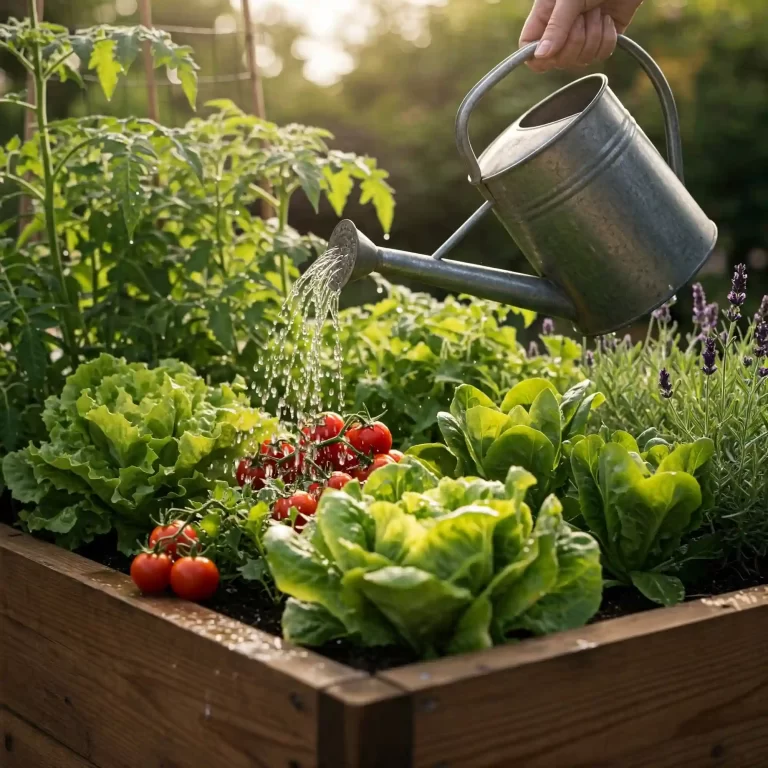Gardening as a Therapeutic Activity
Gardening is a popular and rewarding hobby that offers numerous benefits for both mental and physical health. When you garden, you engage in a mindful activity that connects you with nature and provides a sense of accomplishment and satisfaction.
Raised Garden Benefits
Raised gardens are an excellent option for those who have limited space or mobility issues. They offer several advantages over traditional in-ground gardens, including:
- Improved Accessibility: Raised gardens are easier to access for people with physical disabilities or limited mobility, making gardening more enjoyable and accessible.
- Better Drainage: Raised gardens have improved drainage, which helps prevent waterlogging and root rot, leading to healthier plants.
- Reduced Soil Compaction: Raised gardens reduce soil compaction, allowing for better root growth and nutrient absorption.
- Easier Maintenance: Raised gardens are easier to maintain than traditional gardens, requiring less weeding, watering, and fertilizing.
- Pest and Disease Control: Raised gardens can help reduce pest and disease problems, as they are often elevated above the ground, making them less accessible to pests and diseases.
Mental Health Benefits of Gardening
Gardening has been shown to have numerous mental health benefits, including:
- Reduced Stress: Gardening can help reduce stress and anxiety levels by providing a calming and peaceful environment.
- Improved Mood: Gardening can boost mood and reduce feelings of depression by increasing serotonin and dopamine levels in the brain.
- Cognitive Stimulation: Gardening requires planning, decision-making, and problem-solving, which can help stimulate cognitive function and memory.
- Increased Sense of Purpose: Gardening can provide a sense of purpose and accomplishment, especially for those who may feel isolated or lacking direction.
- Socialization: Gardening can be a social activity, providing opportunities to connect with others and build a sense of community.
Physical Health Benefits of Gardening
In addition to its mental health benefits, gardening also offers several physical health benefits, including:
- Increased Physical Activity: Gardening involves physical activity such as digging, weeding, and planting, which can help improve cardiovascular health, muscle strength, and flexibility.
- Improved Immune Function: Gardening exposes you to beneficial bacteria and other microorganisms in the soil, which can help boost your immune system.
- Reduced Risk of Chronic Diseases: Gardening has been linked to a reduced risk of chronic diseases such as heart disease, stroke, and type 2 diabetes.
- Improved Air Quality: Plants release oxygen and absorb carbon dioxide, helping to improve air quality and reduce air pollution.
- Enhanced Nutritional Intake: Growing your own fruits and vegetables can encourage you to eat healthier and consume more nutritious foods.
Conclusion
Raised gardens offer numerous mental and physical health benefits, making them an excellent choice for those who want to improve their overall well-being. Whether you’re a seasoned gardener or just starting out, creating a raised garden can be a rewarding and enjoyable experience that can enhance your life in many ways.
